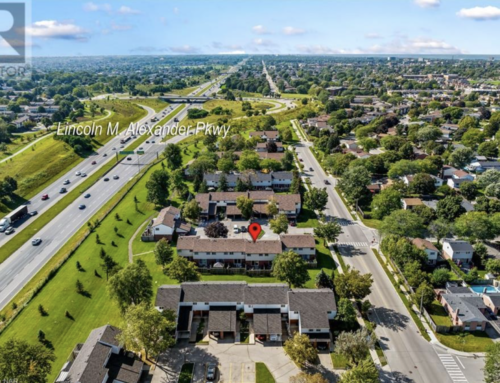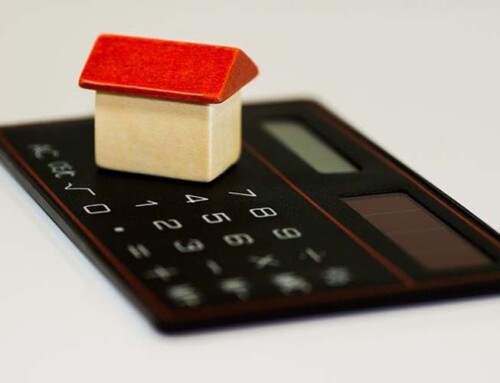Have you tried to qualify for a mortgage (or just plain out know you won’t qualify) and were told that you needed a down payment you don’t have or needed better credit? More and more families are finding this to be their truth.
So what are your options?
-
- Renting Yes, again. Some feel that this is their only option because they haven’t bothered to look into what other options might exist. For some, this might be the best option but you have to be prepared to absorb the fact that you will be paying higher rents than in the past and as in the past, paying down someone else’s mortgage and contributing to their prosperity while you have no chance to build equity or make the home your own. Don’t even try to add up the rent you have paid for the time that you have been renting….it can be a gruesome number to absorb!
- Rent to Own Stop gap option for those that rent, want to buy but aren’t able to qualify for their own mortgage “just yet”. Rent to own has no fees (unlike private financing), you pick the house (based on the budget we provide to ensure you can still qualify for a mortgage at the end of the rent to own (think stress test) AND you get the time while living and maintaining, renovating or upgrading the home you will eventually own to repair credit or build up a bigger down payment – which were likely key contributors to you not being able to qualify for your mortgage at this time. The best part – you can actually build equity while living in the rent to own – some in our program have built up anywhere from $20,000 – $100,000 in equity – YES! $100,000. What could you do with $100,000 in equity
- Private Financing (Private Mortgages) A second mortgage typically refers to a secured loan (or mortgage) that is subordinate to another loan against the same property.
In real estate, a property can have multiple loans or liens against it. The loan which is registered with county or city registry first is called the first mortgage or first position trust deed. The lien registered second is called the second mortgage. A property can have a third or even fourth mortgage, but those are rarer.Second mortgages are called subordinate because, if the loan goes into default, the first mortgage gets paid off first before the second mortgage. Thus, second mortgages are riskier for lenders and generally come with a higher interest rate than first mortgages. It is very common that second mortgages are secured by high risk lenders at interest rates staring in the 8% – 9% percentile.The term length of a second mortgage varies from short term lasting 12 to 24 months to long term that can last up to 30 years on second mortgages; however repayment may be required in as little as one year depending on the loan structure. Second mortgages can be interest only loans or proportionally blended principal and interest payments. Lastly, expect a fee when you take on a private mortgage. You could end up paying a % to the mortgage agent/broker who makes the introduction, the private lender themselves and you may also have to cover any legal costs incurred by the private lender.








Leave A Comment